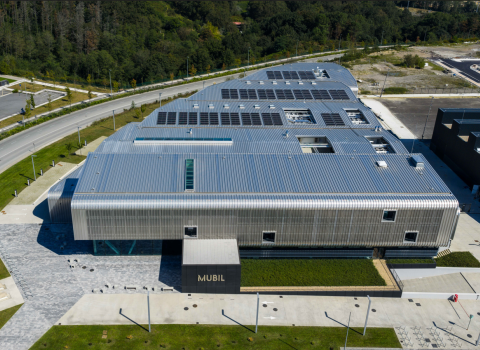
This means a major task of his ministry in the six months of the Spanish EU Presidency must be to draw up and win approval for the successor to Lisbon, the 2020 Strategy.
“It’s clear that the first thing we must do is to admit that the good intentions of the Lisbon Strategy have been shattered as a result of a deep, global and international crisis,” Corbacho said in an interview.
“This doesn’t mean we have to say the Lisbon Strategy has not done any good, it has been positive, but the crisis has thwarted one of its prime objectives,” the minister added.
The 2020 Strategy must set out some specific conditions in terms of creating employment. Following on from the financial crisis there is already a sense that a commitment is being made to an economic future, that is more firmly based on innovation, knowledge and training. “It is obvious that these three elements must form the basis for the jobs of the future, and this means that in future those jobs that are related to these elements will undoubtedly be of good quality,” Corbacho said.
One proposal of the Spanish Presidency is to create a European microfinancing instrument to fund entrepreneurs.
In a globalised world there is a tendency to think the entire economy revolves around large multinationals. “In Europe, however, the economy is not run by multinationals, but by small and medium-sized enterprises,” Corbacho noted.
Europe has always been a favourable environment for entrepreneurs, and Europe’s progress has been thanks to those entrepreneurs, and this strength, he believes. But while entrepreneurs come up with great ideas and wonderful concepts, they often lack the resources to make them a reality. “This is where we have to establish an area of work to ensure that microloans are in place, and [...] available to those people so that those with good ideas and good projects can always put them into practice, rather than shelving them because of a lack of basic funding,” Corbacho said.
The idea is that, in the same way as many programmes have been set up to support training, infrastructure improvement or the environment, “We should look for ways of supporting programmes that aim to help self-employed entrepreneurs through microloans,” said Corbacho.


 A unique international forum for public research organisations and companies to connect their external engagement with strategic interests around their R&D system.
A unique international forum for public research organisations and companies to connect their external engagement with strategic interests around their R&D system.